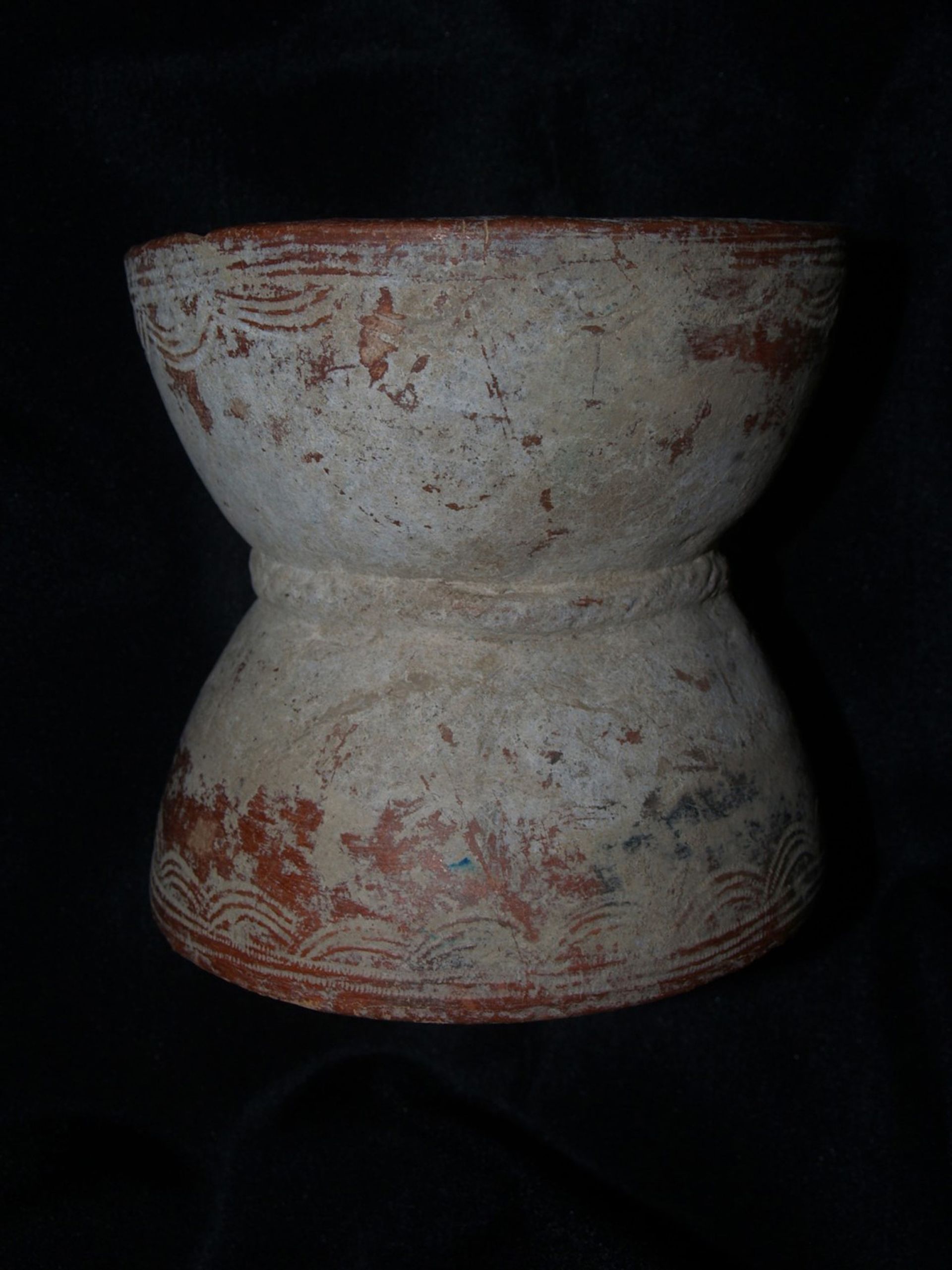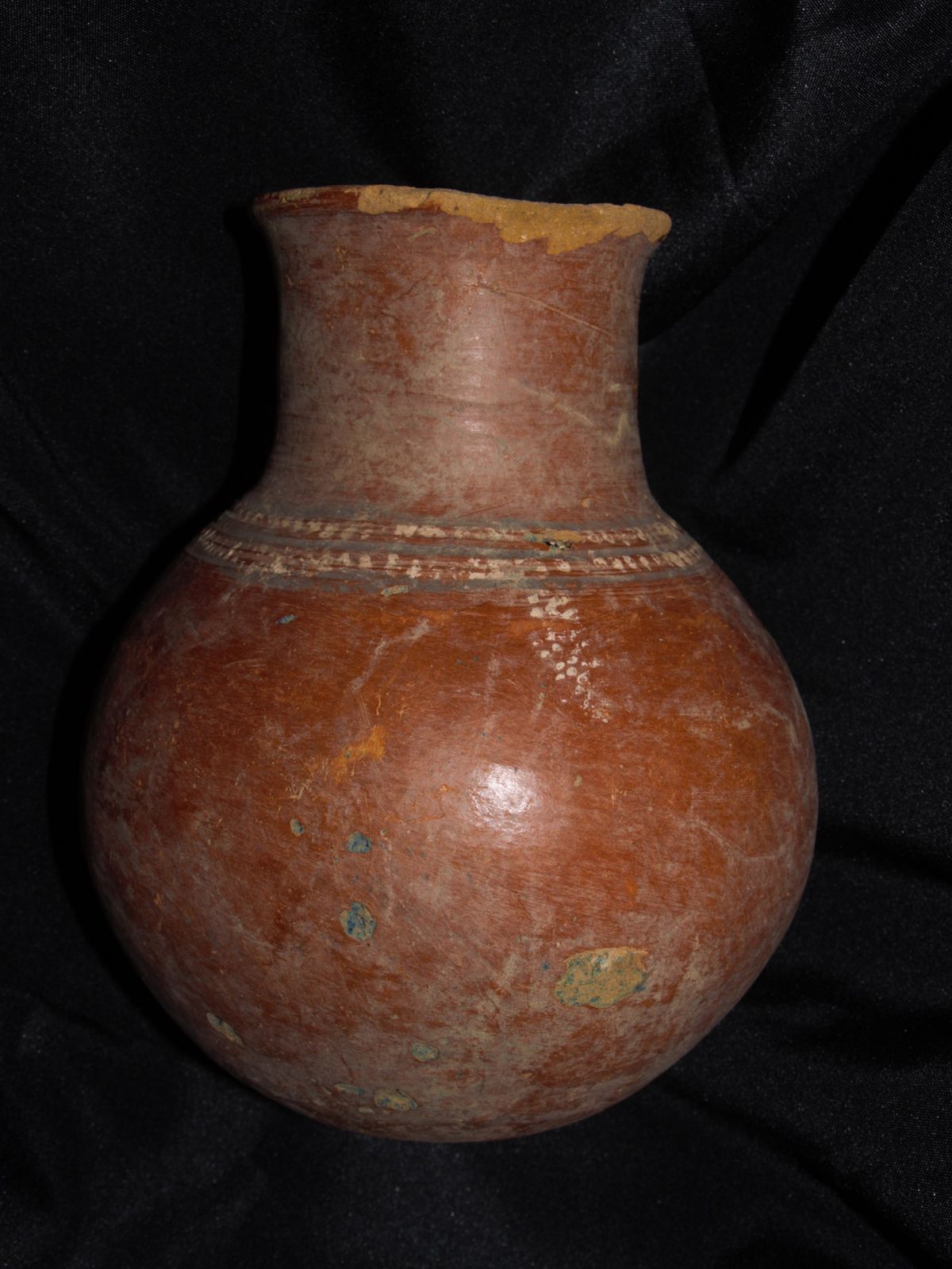On 22 November, Homeland Security Investigations (HSI)—a branch of Immigrations and Customs Enforcement (ICE)—and the US Department of State repatriated a total of 921 stolen artifacts to the Republic of Mali. The stolen items consisted of six large funerary urns (from 900CE-1700CE), a comb-impressed red slip double cup vessel (800CE-1500CE), a high-necked polychrome pot (1100CE-1400CE) and 913 ground and flax stones and axe heads from the Neolithic Period (around 10,000BCE). They were transferred on Monday to Ambassador Issa Konfourou, permanent representative of Mali to the United Nations.
This trove of artifacts first came to HSI’s attention when they arrived in a shipping container at the Port of Houston in 2009. Upon their arrival, US Customs and Border Patrol tipped off the agency to a “suspicious container” originating from Mali. The container supposedly contained replicas of cultural items but, according to a statement from Immigration and Customs Enforcement, “the items appeared to be authentic and were covered in blood and fecal matter, which sent red flags to HSI and CBP officials for possible antiquities smuggling”.
The agency then brought in Susan McIntosh, a professor at Rice University and an expert in West African cultural antiquities, who issued an official report in June 2009 claiming the items were in fact authentic, stolen artefacts.

A red-slipped double cup vessel recently returned to Mali Courtesy Homeland Security Investigations (HSI) Houston Cultural Property Investigations
While some of these items were returned as early as 2011, the statement says that “a period of civil unrest and economic strain” in Mali prevented hundreds “from being returned to their rightful home”. In June 2020, the U.S. Department of State provided a grant to Mali’s National Directorate of Cultural Patrimony to fund both the repatriation of the objects and a future exhibition of them. (The following month, a trial began at the International Criminal Court in The Hague for Malian fighter Al Hassan Ag Abdoul Aziz Ag Mohamed Ag Mahmoud, whose alleged crimes include destroying cultural heritage sites in Timbuktu.)
“A nation’s cultural property and antiquities define who they are as a people,” HSI special agent Mark Dawson said in a statement. “No one has the right to loot or destroy that heritage and history. HSI will continue to work with our partners around the globe to aggressively target anyone who pilfers the priceless cultural treasures of a nation and work tirelessly to return them to their people for future generations to enjoy.”


